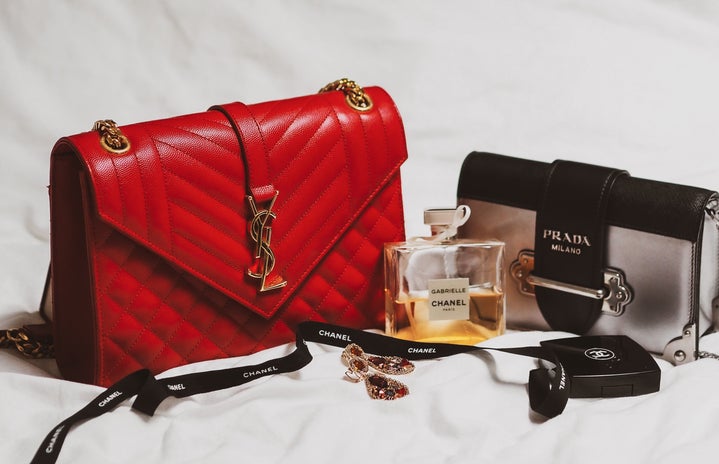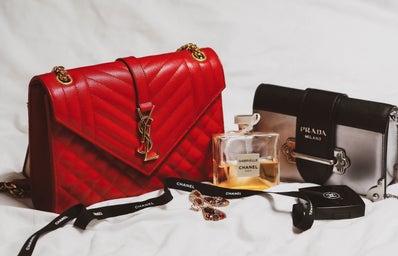When you think about the fashion world, what comes to mind? It might be the iconic Louboutin red sole or a Chanel tweed suit, but what groups all of these things together? Women. So, if women are so essential within the fashion industry, whether that be to model the clothes, or as a consumer, why is it that men still vastly control it? In short, it is largely down to a patriarchal system which views men as being at the top. An idea which largely excludes women from having equal contribution and managing creative direction. It isn’t a question of talent and capability, as we know that women make up the majority of those entering the fashion workforce, but perhaps more of a question of recognition and perception.
Gender bias is perhaps one of the largest contributing factors behind the lack of gender parity in the fashion industry. A disturbing report found in the study ‘The Glass Runway’ found that HR managers interviewed admitted they prioritize male candidates over female candidates when interviewing for managerial positions.’ https://www.mckinsey.com/industries/retail/our-insights/shattering-the-glass-runway On top of that, currently ‘only 14 percent of major brands are run by a female executive.’ https://www.glamour.com/story/the-glass-runway-fashion-industry-survey
The prejudiced comments found in the study ‘The Glass Runway’ essentially shows that no matter how hard you work, there will always be a preference to that of your male colleagues. So, when ‘over 85% of top fashion school graduates are women, and one in six people employed by the fashion industry globally identify as female.’ https://wmoc2010.org/a-gender-gap-why-do-men-still-dominate-the-fashion-world/ what kind of standard are we setting for women who want to work in the top levels of the industry?
Societal expectations are a large part of why women aren’t in these roles too. We still live in a world where women are expected to sacrifice their careers in order to a raise a family. Although it is becoming more of a choice for women, those that can’t financially afford childcare are forced into becoming a stay-at-home mum and giving up their careers. Yet men don’t always face these same issues.
A study revealed that ‘In 2016, dads made up 17% of all stay-at-home parents in the U.S.’ https://www.cnbc.com/2021/05/07/stay-at-home-dads-were-on-the-rise-pre-pandemic-will-covid-accelerate-the-trend.html As a woman, you are often brought up to yearn for the joys of motherhood. You feel you have a familial duty within you. Yet these crucial years when women are starting to settle and grow, their jobs are often sacrificed, which place them at a disadvantage compared to their male counterparts. This traditional idea of men being the ‘breadwinner’ forces women to settle with two choices, either will disadvantage them in some way. Women will either choose to stay in work, and as a result are often branded as too career driven so lack love and attention for their children. Or they choose to stay at home with their children and lose out on a promotion or a job they were striving towards. Also, the demanding hours and workload often imposed to strive to these higher roles makes it difficult or impossible for women to balance both, so are forced to choose
We have the seen the fashion industry evolve massively in the past couple of years, introducing a range of sizes of models into their shows and campaigns as well as encouraging gender neutrality. Yet the question on how fashion can be ‘modernised’ seems to not have been addressed in all areas of the industry. Statistics such as ‘women spend an average of three times more than men on apparel annually’ (Source: The NPD Group / Consumer Tracking Service) consistently show that women are the main driving force behind the industry’s success. So, when will it be time for women to have equal representation in creative direction alongside men in the industry?


